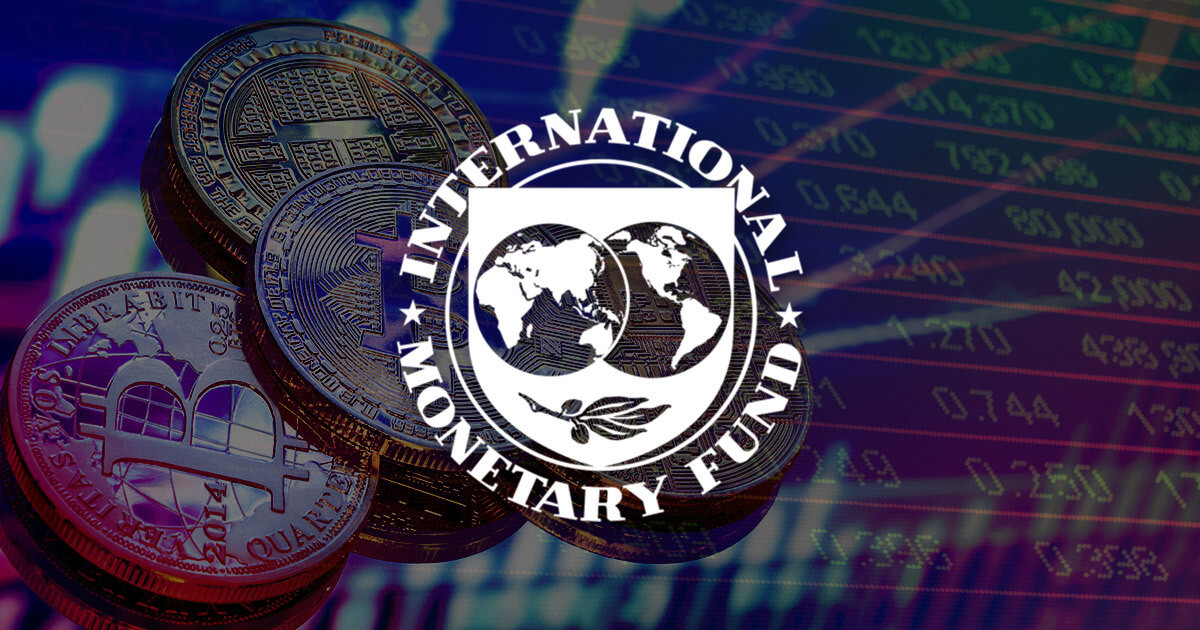The International Monetary Fund (IMF), recently warned about a growing connection between crypto and equity markets that pose risks to financial stability.
In its recent report, the international body estimated the potential for spillovers between crypto and equity markets in the US and in emerging markets–analyzing daily data on price volatility and returns.
“Cryptic” connections
“Crypto assets such as Bitcoin have matured from an obscure asset class with few users to an integral part of the digital asset revolution, raising financial stability concerns,” said IMF.
While assessing to which extent crypto flooded into the mainstream, IMF estimated the potential for spillovers between crypto and equity markets.
“The correlation of crypto assets with traditional holdings like stocks has increased significantly, which limits their perceived risk diversification benefits and raises the risk of contagion across financial markets,” warned the IMF.
According to IMF the price of Bitcoin showed little correlation with major stock price indices such as the S&P 500 index prior to the second quarter of 2020.
Since then “both Bitcoin and US stock prices have surged against a backdrop of easy global financial conditions and increased investor risk appetite,” the IMF pointed out.
The 13-page analysis examined how spillover potential between crypto and stocks increases during financial market volatility, underscoring its significance for emerging markets, “given their increased adoption of crypto assets in recent months.”
According to the IMF’s findings, “Bitcoin and Tether–individually explain about 12-16 percent of the variation in the volatility of global equity prices and about 7-11 percent of the variation in global stock returns.”
Hitherto “light touch” regulatory approach
The IMF noted the need for additional research to further its understanding of these “cryptic” connections which became apparent in the post-pandemic times.
According to the IMF, “key drivers of the increased interconnectedness could include growing acceptance of crypto-related platforms and investment vehicles in the stock market and at the over-the-counter market.”
Another explanation could lie in Bitcoin’s growing adoption by both retail and institutional investors, “many of whom have positions in both the equity and crypto markets.”
The international body wrapped up the report saying that given the serious implications of this interconnectivity, the “light touch” regulatory approach toward crypto should be revised.
“Regulations should correspond to the risks crypto assets pose (BIS 2021), and oversight of the crypto ecosystem needs to be strengthened, including by addressing data gaps (IMF 2021),” the IMF concluded.


















